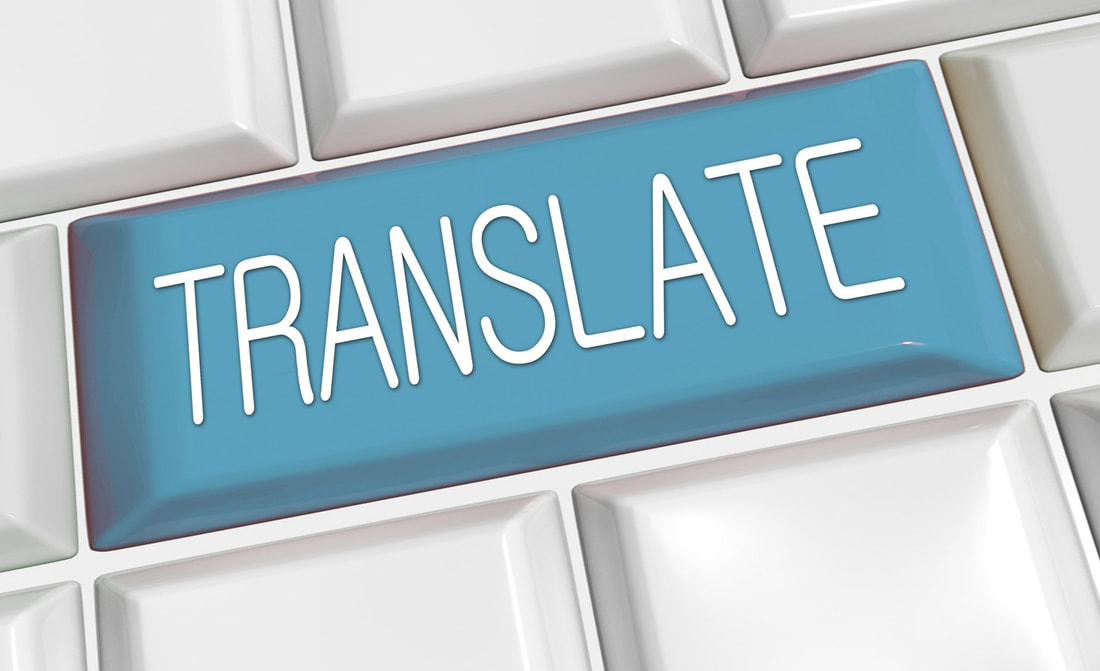- Home
- English to Italian Translation Services
-
FREE RESOURCES
-
Citizenship by Descent: Free Guide
>
- 5 Benefits of Italian Dual Citizenship
- 14 Documents Needed for Italian Dual Citizenship [Free Checklist]
- Citizenship by Descent: Get it in ITALY
- Gaining Italian Citizenship via Female Ancestors
- Italian Dual Citizenship: Get it Through the Courts
- Reacquisition of Italian Citizenship
- Price of Italian Citizenship: How Much Will it Cost?
- How long does it take to get Italian citizenship?
- Citizenship by Marriage >
- Canadian-Italian Dual Citizenship
-
Citizenship by Descent: Free Guide
>
- Blog
- Contact
|
So, you collected your ancestors' documents, treated any discrepancies, got them apostilled. Now it's time to have them translated into Italian. This post is partly taken from the Tapatalk forum, partly from my own 10 year experience doing this job. Requirements for applicants in Italy vary, so I wrote what works specifically for in-Italy applications. Which documents?
Documents to be submitted for the application process that are not in Italian and will be transcribed in the records of the comune must be translated into Italian. In particular, this includes applicants' birth, marriage certs, and, when applicable, divorce records, as well as any birth certificates for applicants' children. Some other documents used in the application also need to be translated, but exactly which ones depends on the consulate or comune at which ones is applying. Generally, vital records for direct line ancestors, even if they are not applying for citizenship recognition, must also be translated. Sometimes documents (i.e., birth and death certificates) for the spouses of these direct line ancestors are required to be translated as well. Naturalization-related documents, including no-records letters and census records, from the US do not have to be translated if they are being used at a consulate in the US, but may be required to translate if they are being used at a consulate outside the US. As a general rule, all non-Italian documents used when applying at a comune in Italy must be translated. Furthermore, non-Italian documents from one country must always be translated when used at another country outside of Italy. Translated by whom? Some consulates, such as that in Boston, will translate documents for you, at least if they are issued in the area covered by the consulate. Some countries, such as Germany, have officially certified translators, which are required to be used for translations of documents from that country (the consulates in these countries should have a list of such translators, since they are obligated to verify their signatures). In the US and Canada there are no such certified translators, but some consulates maintain lists of translators they have approved for translations and it is advisable to use someone on their list, although it isn't always required. Many consulates in the US will accept translations done by the applicant ("self-translations"), so long as they are of good quality. They don't actually verify that you are the one that did the translations, so you could, for example, have a friend do them. Using Google Translate or similar applications/websites is not prohibited, but not recommended either, because consulates will often reject translations that are obviously written by someone not that fluent in Italian, even when the important information is clear. For some special documents, such as court orders or divorce-related documents, some consulates (NY comes to mind) will insist that these be professionally translated even as they accept other documents, from the same applicant, that are translated by someone who is not a professional translator. Which parts of the documents need to be translated? If you submit your documents in Italy, the general rule is that EVERYTHING needs to be translated (yes, that includes apostilles and legalese). Translator's certificate of translations In Italy, translators need to go to court to certify translations. So, the certificate is issued by the court. Any certificate issued by the translator has no legal value. If you want to read more on this topic, check out these other blog posts I wrote:
Need help with official translations? Just hit reply, I'll be happy to help! Comments are closed.
|
AuthorI'm Natalia Bertelli, an English/Spanish to Italian legal translator. Since 2008 I have been working on contracts, judicial deeds, certificates, corporate translations for foreign clients who want to do business in Italy, get a dual citizenship or simply settle in my beautiful country. Categories
All
|
NATALIA BERTELLI, ENGLISH TO ITALIAN SWORN TRANSLATOR
ENGLISH TO ITALIAN LEGAL TRANSLATIONS | SWORN TRANSLATOR | TRANSLATOR COACH | ATA MEMBER
LISTED ON THE UK.GOV AND IN THE US EMBASSY LIST OF TRANSLATORS
Intl. calls: +39 338 263 7469 (Claudia, Project Manager)
[email protected]
VAT No. 01404870295
Privacy Policy
ENGLISH TO ITALIAN LEGAL TRANSLATIONS | SWORN TRANSLATOR | TRANSLATOR COACH | ATA MEMBER
LISTED ON THE UK.GOV AND IN THE US EMBASSY LIST OF TRANSLATORS
Intl. calls: +39 338 263 7469 (Claudia, Project Manager)
[email protected]
VAT No. 01404870295
Privacy Policy
- Home
- English to Italian Translation Services
-
FREE RESOURCES
-
Citizenship by Descent: Free Guide
>
- 5 Benefits of Italian Dual Citizenship
- 14 Documents Needed for Italian Dual Citizenship [Free Checklist]
- Citizenship by Descent: Get it in ITALY
- Gaining Italian Citizenship via Female Ancestors
- Italian Dual Citizenship: Get it Through the Courts
- Reacquisition of Italian Citizenship
- Price of Italian Citizenship: How Much Will it Cost?
- How long does it take to get Italian citizenship?
- Citizenship by Marriage >
- Canadian-Italian Dual Citizenship
-
Citizenship by Descent: Free Guide
>
- Blog
- Contact

 RSS Feed
RSS Feed